Spain and Portugal went dark for 12 hours — America could easily be next

When I visited in Europe earlier this month, a massive blackout had just struck Spain and Portugal — the largest in either country’s history. Sixty million people across the Iberian Peninsula and parts of southern France lost power and communication for 12 hours. It was a total system collapse. And if America doesn’t wake up, we’re heading for the same fate.
This wasn’t just some fluke or freak weather event. It was a disaster years in the making, baked into the very structure of Spain and Portugal’s energy policies — policies championed by radical environmentalists and now echoed by the Democratic Party here at home.
Over-reliance on wind and solar leads to blackouts and economic chaos and puts us at the mercy of our adversaries.
Spain and Portugal are the poster children of Europe’s so-called green energy revolution. Just before the blackout, Spain’s energy infrastructure was a mixture of up to 78% solar and wind, with only 11% nuclear and 3% natural gas. Spain gutted its base-load energy sources — nuclear, hydro, and gas — in favor of wind turbines and solar panels. The result was an electrical grid as flimsy as a house of cards.
Predictably, the U.S. media ran interference. Reuters insisted that the blackout wasn’t the fault of renewable energy but instead blamed the “management of renewables.” That’s like saying a building collapse isn’t the fault of bad materials, just bad architecture. Either way, it still falls down.
Set up to fail
“Renewable” power sources are unreliable by nature. Solar doesn’t work when the sun doesn’t shine. Wind turbines don’t spin when the air is still. And when these systems fail — and they inevitably do — you need consistent, dispatchable backup. Spain doesn’t have that. In the name of “saving the planet,” the Spanish government heavily taxed nuclear plants until they became unprofitable, then shut them down altogether.
As Spanish economist Daniel Lacalle put it: “The blackout in Spain was not caused by a cyberattack but by the worst possible attack — that of politicians against their citizens.”
And yet, not far away, parts of southern France that were affected by the same blackout recovered quickly. Why? Because France has wisely kept its nuclear power intact. In fact, nuclear power provides 70% of France’s electricity. Say what you want about the French, but they got that part right.
What happened in Spain and Portugal is not a European problem — it’s a cautionary tale. It's a flashing red warning light for the United States. The Democrats' Green New Deal playbook reads exactly like Europe’s: Phase out fossil fuels, demonize nuclear power, and vastly expand wind and solar — all while pretending this won’t destabilize our grid.
Look at California. In 2022, the state experienced rolling blackouts during a heat wave after years of shutting down nuclear and natural gas plants. Gov. Gavin Newsom (D) had to scramble to bring those “dirty” plants back just to keep the lights on.
Even back in 2017, the U.S. Department of Energy warned that over-reliance on renewables threatens grid stability. But the Biden administration ignored it and dove headlong into the disastrous waters of green energy.
AI’s imminent energy demand
Former Google CEO Eric Schmidt recently told Congress that artificial intelligence is expected to consume up to 99% of our total electricity generation in the near future. Think about that — 99%. Add to that the left’s obsession with mandating electric vehicles, and the demand on our already fragile grid becomes unsustainable.
Try running all of that — AI data centers, EV charging stations, and the basic needs of 330 million people — on wind and sunshine. It’s impossible. Until someone invents a clean, infinite power source that works 24/7, we need nuclear, natural gas, and yes, maybe even coal.
This isn’t the first time a green energy fantasy has ended in blackouts. In 2016, 1.7 million Australians lost power due to wind farm fluctuations. In 2017, Germany’s trillion-dollar experiment with renewables nearly collapsed its grid. In 2019, more than a million Brits lost power after a lightning strike overwhelmed their renewables-heavy system.
These aren’t isolated events. This is a pattern. When energy policy is driven by ideology instead of engineering, people suffer.
Here’s a dirty little secret the climate cult doesn’t want you to know: Renewables lack something critical called inertia. Traditional base-load sources like nuclear and gas provide the physical inertia needed to keep a grid stable. Without it, a minor disruption — like a cloudy day or a sudden drop in wind — can trigger a cascading blackout.
Worse, restarting a power grid after a blackout — what’s called a “black start” — is significantly more challenging with renewables. Nuclear and natural gas plants can do it. Wind and solar can’t.
While it doesn’t appear that this was a cyberattack, it easily could have been. Renewable-heavy grids rely on inverters to convert DC to AC — and those inverters are vulnerable. Major flaws have already been discovered that could allow hackers to remotely sabotage the voltage and crash the grid. The more we rely on renewables, the more we invite foreign actors like China and Russia to exploit those vulnerabilities.
Save the grid!
So what’s the takeaway from the Spain-Portugal blackout?
First, we need to stop demonizing nuclear energy. Spain still plans to shut down all of its nuclear plants by 2035 — even after this catastrophe. That’s insane. Nuclear is safe, is clean, and provides the base-load power and inertia a modern grid needs.
Second, we must preserve and expand our natural gas infrastructure. When renewables fail — and they will — gas is the only backup that can be scaled quickly and affordably.
Third, we need to fortify our power grid against cyber threats. If our electricity goes down, everything else follows — banking, transportation, communication, water. We’re talking about national survival.
Green energy has a role in the future. But it’s not the savior the left wants it to be. Over-reliance on wind and solar leads to blackouts and economic chaos and puts us at the mercy of our adversaries.
The blackout in Spain and Portugal should be a wake-up call. If Democrats turn our grid into their ideological jungle gym, the lights will go out — literally. We can’t afford to play roulette with our power supply.
America’s energy strategy must be based on reliability, security, and reality — not political fantasy. If we fail to recognize that, we’ll soon be the ones stuck in elevators, stranded on trains, and left in the dark.
Want more from Glenn Beck? Get Glenn's FREE email newsletter with his latest insights, top stories, show prep, and more delivered to your inbox.

 Former Portuguese Prime Minister Antonio Costa, now president-elect of the European CouncilHoracio Villalobos/Getty Images
Former Portuguese Prime Minister Antonio Costa, now president-elect of the European CouncilHoracio Villalobos/Getty Images North African and sub-Saharan migrants arriving in the Canary Islands last monthEuropa Press News/Getty Images
North African and sub-Saharan migrants arriving in the Canary Islands last monthEuropa Press News/Getty Images Stop feeding the victimhood complex.
Stop feeding the victimhood complex. Columbus was no genocidal sociopath; he was an ambitious, expert explorer disastrously incapable of governance, whose poor decisions had consequences he could hardly have predicted.
Columbus was no genocidal sociopath; he was an ambitious, expert explorer disastrously incapable of governance, whose poor decisions had consequences he could hardly have predicted.
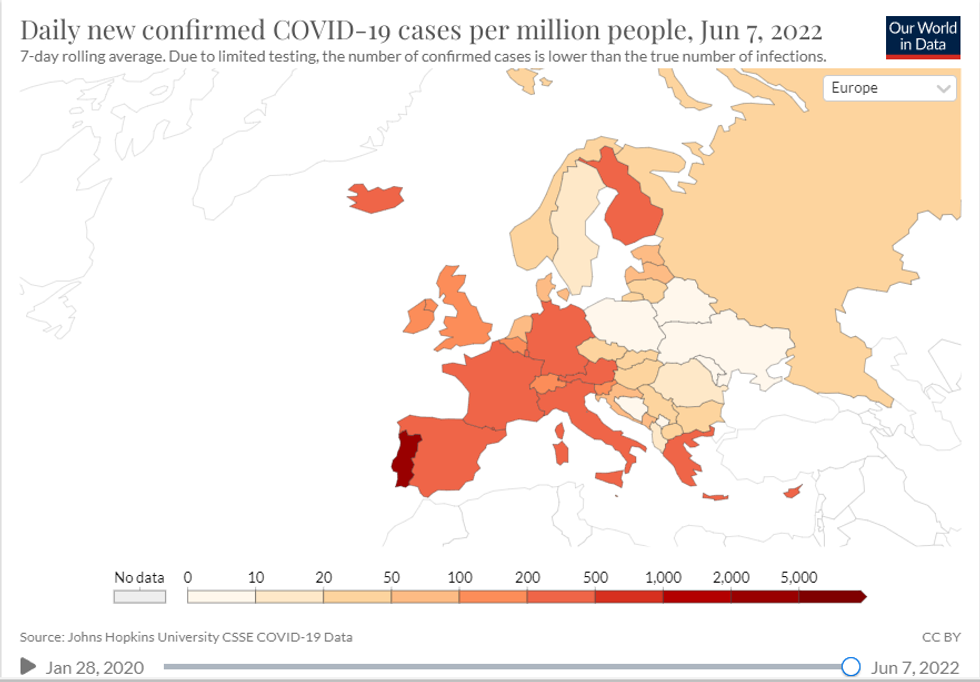
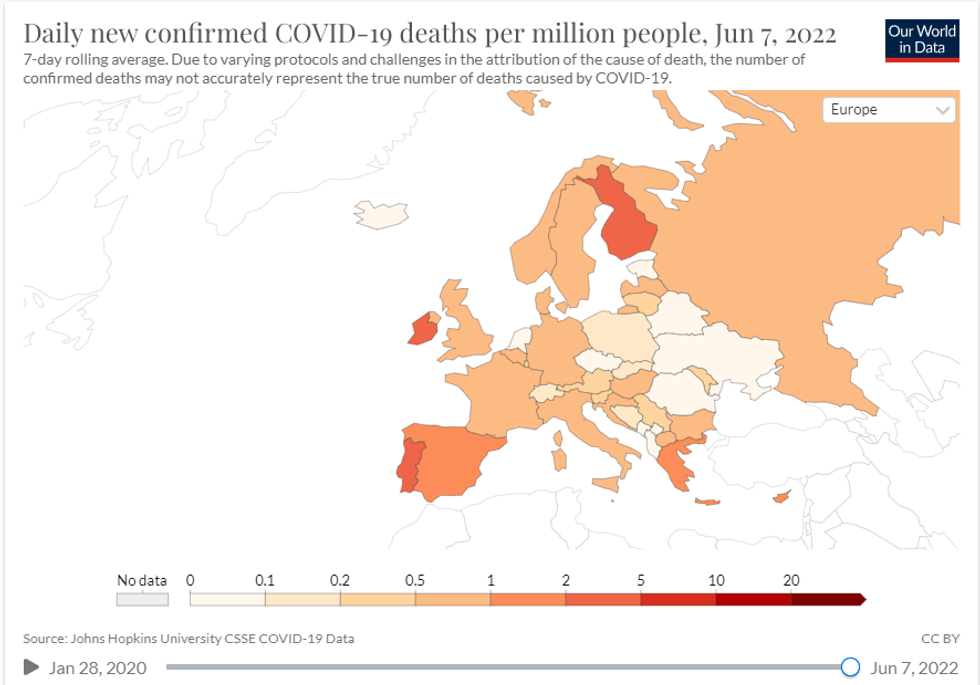
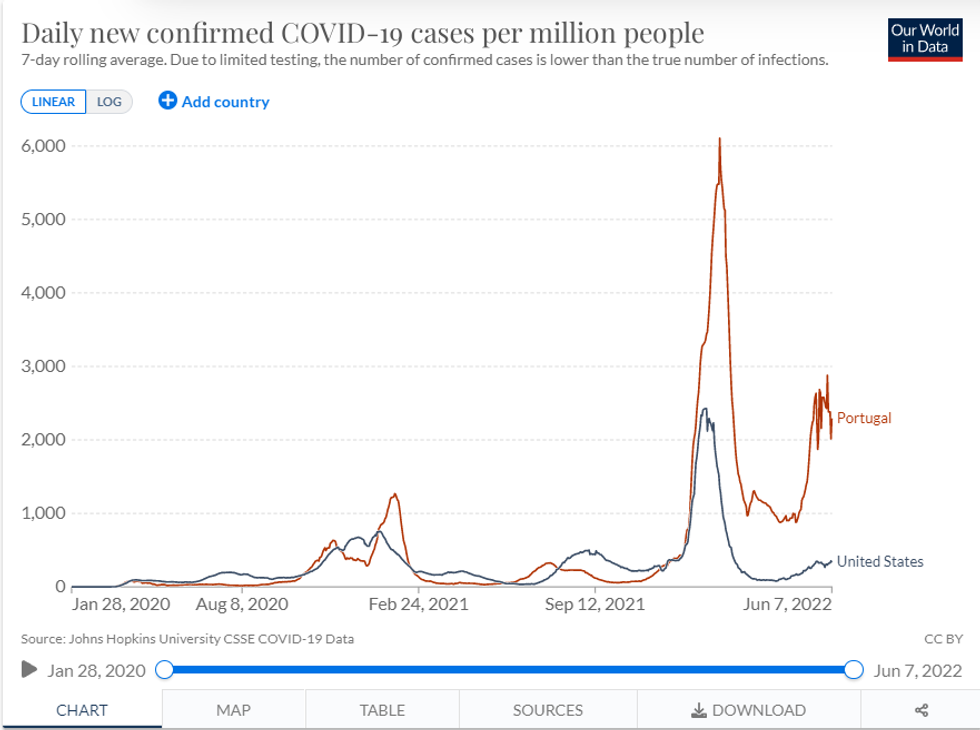
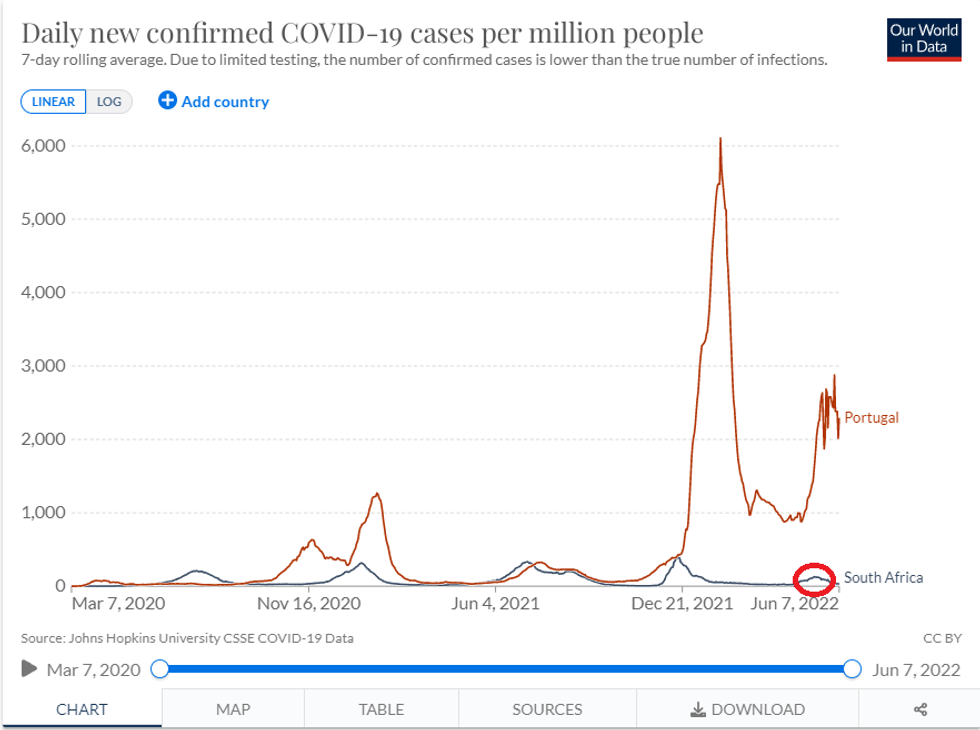
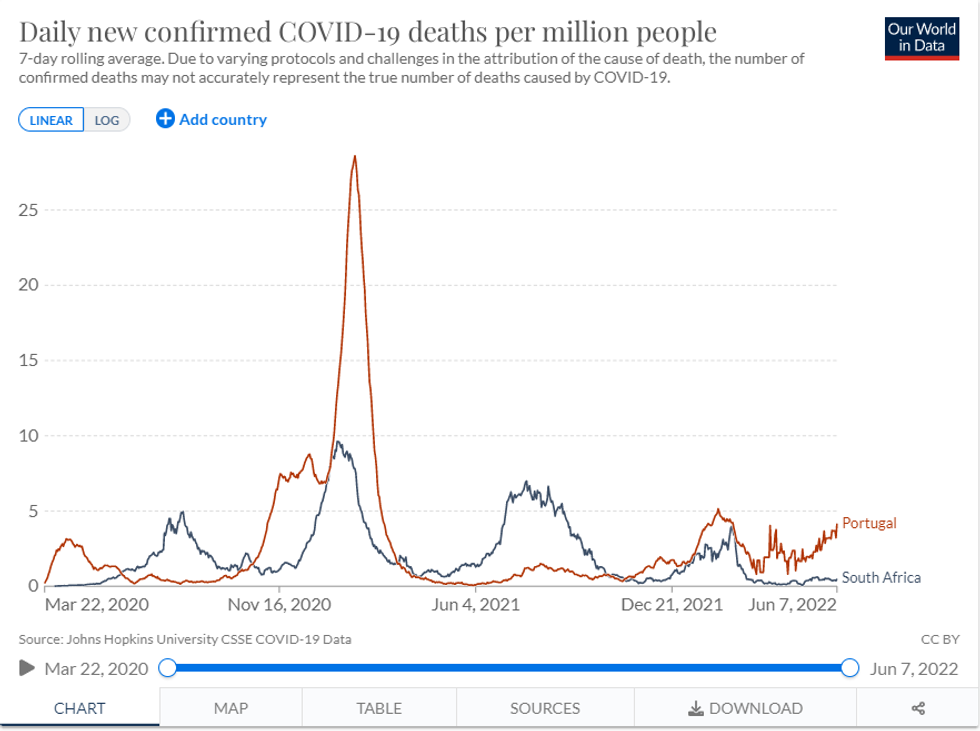
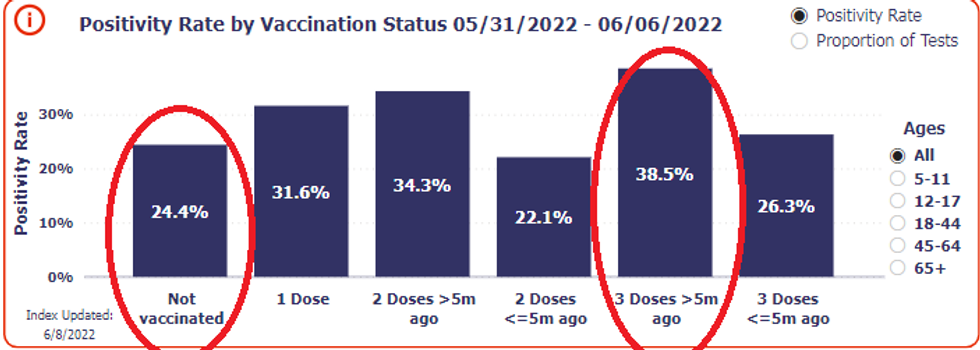
Joe Biden’s Message to Drivers | 5/14/21